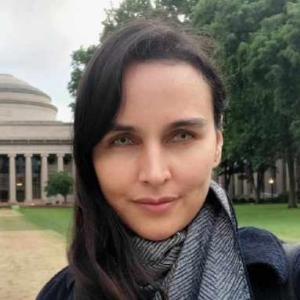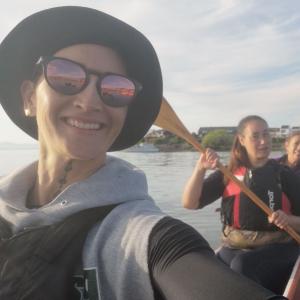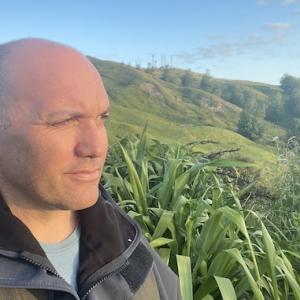An opportunity to apply for a PhD has recently been announced. Applications close Friday, January 22, 2016 and can be made here on the University of Auckland website.
The project will based out of the Department of Social & Community Health at the Faculty of Medical and Health Sciences, and is supported by Ngā Pae o te Māramatanga (NPM).
The supervisors will be Associate Professor Janet Lynn Fanslow from the Faculty of Medical and Health Sciences and Associate Professor Tracey McIntosh from the Department of Sociology, and Director of NPM.
Expressions of interest are currently being sought. Interested potential students will need, in the first instance, to establish their potential for pursuing a PhD in this area by submitting:
1. An up-to-date academic transcript.
2. An example of academic writing.
3. A proposed area of study aligned to this research.
Background
Between 2011 and 2014, family violence accounted for over half of the homicides experienced by NZ women. If nothing is done about the current rates of child abuse and intimate partner violence in NZ, it has been estimated that in the next 10 years, the cost to NZ society will be almost $80 billion.
A lack of NZ data about risk factors for family violence exposure for both men and women prevents NZ government agencies from understanding where to start in order to turn the tide and change community attitudes towards violence. Our team has been successful in attracting Ministry of Business and Innovation funding for a four year project with the aim of producing the information necessary for informed policy making, working towards a goal of achieving intergenerational change in family violence exposure in NZ.
There is recognition that Māori communities will be important in generating knowledge in this project and being active agents of social change. The research team will work closely with Māori to ensure that relevant information for reducing the impact of family violence in Māori communities is obtained. While family violence impacts on all sectors of society, this is an area of significant interest to Māori. To meet Māori aspirations to ensure that all whanau flourish and are in a state of well-being, Māori will be part of project design, implementation and delivery.
As part of the project we will recruit and support a Maori PhD student to ensure capacity building and enhance workforce development. It is critical that Maori working in this area are positioned to take up leadership roles in both policy and community environments.
A list of possible research projects is found on the link below. This list is not exhaustive, and the project leaders will consider other projects if they fit within the remit of the overall grant.
Applications close on Friday, January 22, 2016. Shortlisted applicants will be invited to an interview early in 2016.
For further information and to apply please see:
https://www.findathesis.auckland.ac.nz/research-entry/10339796

He Kōrero | Our Stories
Neuroscientist Nicole Edwards is establishing her own lab at the University of Auckland and is eager to tautoko students interested in a career in brain research.
AUT senior lecturer Deborah Heke encourages wāhine Māori to cherish their connection with te taiao.
Tairāwhiti local Manu Caddie is a vocal critic of forestry companies engaged in unsustainable land practices in the rohe. He shares his insights on what needs to change".


